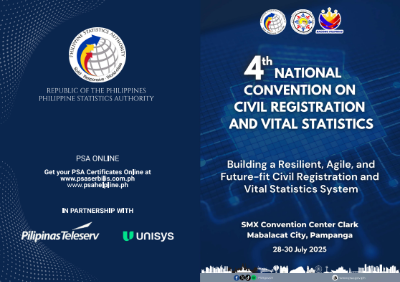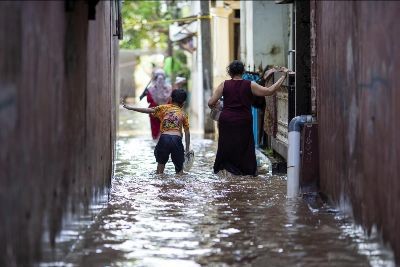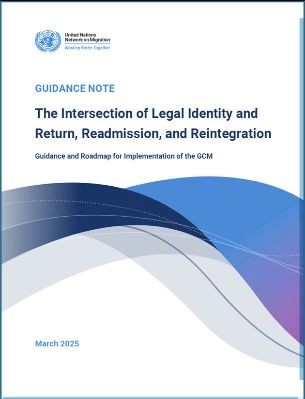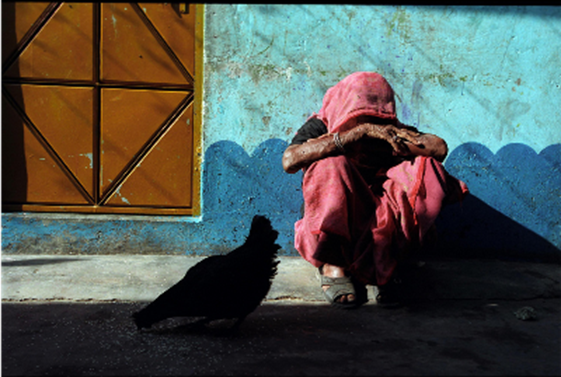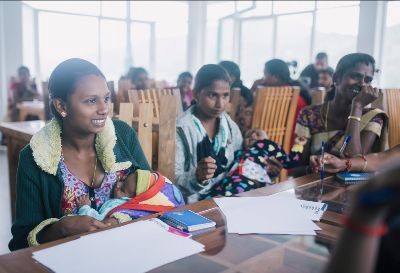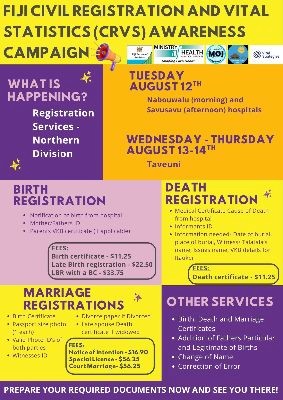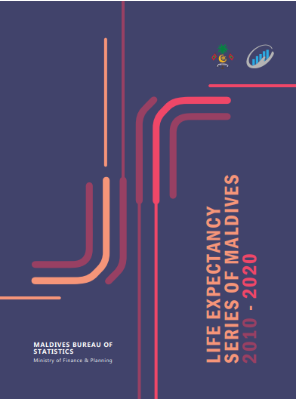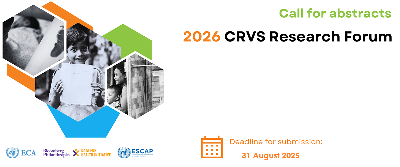ESCAP recently released a publication entitled, "Time for Equality: The Role of Social Protection in Reducing Inequalities in Asia and the Pacific". The publication explores the linkages between inequality and social protection. Overall, it argues that inequality, in its multiple forms, is on the rise in Asia and the Pacific, and is having an adverse impact on sustainable development. The report provides evidence that social protection is an effective instrument to reduce inequalities, and by so doing, contributes to the integration of the economic, social and environmental dimensions of sustainable development. It examines in particular the inequalities faced by children, persons of working-age, older persons and in relation to access to affordable health care and related social protection initiatives taken in the region. It notes that while countries in the region are increasingly recognizing the importance of social protection, important coverage gaps remain. It also includes examples of successful schemes and provides member States and other stakeholders with recommendations along eight broad and complementary approaches. One of the factors undermining the effectiveness and efficiency of social protection systems is that potential beneficiaries are not accurately identified and targeted. This often leads to coverage, management and monitoring gaps. To improve this situation, countries should take steps to improve systems of civil registration and vital statistics (CRVS). Such improvements would facilitate the provision of indispensable demographic and health information, strengthening the evidence base and rendering re-distributive policies and interventions more effective and responsive to the needs of all, and the most vulnerable in particular.

More News
At the Manila Tech Summit in August 2025, Philippine President Ferdinand R. Marcos Jr. highlighted…
Amid the rising frequency and intensity of climate-related disasters, the United Nations Economic…
The United Nations Network on Migration has issued a new Guidance Note emphasizing the pivotal role…
At a recent workshop hosted by PROGGA (Knowledge for Progress) and the Global Health Advocacy…
Sri Lanka is undertaking a major transition from its longstanding paper-based Civil Registration…
Our community newsletter puts a spotlight on people who have gone above and beyond in their efforts…
Fiji has launched a nationwide campaign to improve birth registration and legal identity, focusing…
The United Nations Economic and Social Commission for Asia and the Pacific (ESCAP),…
The Maldives Bureau of Statistics has released a significant new publication, Life Expectancy…
The deadline to submit abstracts for the 2026 Civil Registration and Vital Statistics (CRVS)…


